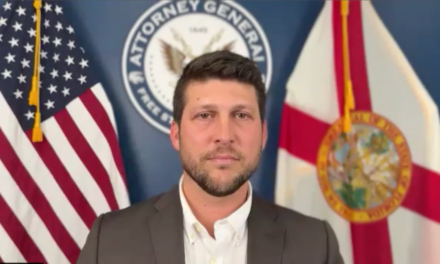A columnist from The Washington Post has recently expressed skepticism regarding the explanation provided by Jeff Bezos, Amazon’s founder, concerning his apparent neutrality in political endorsements. This critique sheds light on the ongoing debate over the responsibilities of business magnates when navigating the turbulent waters of political influence in contemporary America.
The columnist contends that Bezos may not be as impartial as he suggests. Rather, there is speculation that his non-endorsement could be a strategic move aimed at preserving business interests by avoiding potential conflicts, particularly with influential political figures like former President Donald Trump. By remaining neutral, Bezos might be acting to safeguard Amazon’s expansive business empire from any undue political backlash.
This claim of neutrality does not sit well with the columnist, who accuses Bezos of “bending the knee” to Trump and his political base. The columnist argues that business leaders like Bezos have a responsibility to take a clear stance, especially when the stakes involve issues of democracy and rights. By choosing not to endorse or oppose, business titans risk being perceived as complicit, or at best, indecisive in moments when clear leadership is required.
In response to these accusations, Bezos has maintained that his intention is to focus solely on Amazon’s goals without intertwining them with political biases. He asserts that Amazon’s mission, which includes innovations and providing value to customers, should not be conflated with the company’s or his personal political positions.
The debate over Bezos’ political stance is a microcosm of a broader challenge facing many business leaders in America today. As public figures with significant influence, CEOs are often caught in a dilemma where staying apolitical can lead to criticism. At the same time, overt political involvement can alienate portions of their consumer base and expose them to political risks.
Beyond the individual case of Jeff Bezos, this situation underscores the increasing expectation from the public for business leaders to demonstrate political transparency and to take stands on social issues. As these leaders possess vast economic power and can sway public opinion, many believe they should also carry the responsibility to advocate for change, especially on matters that directly impact their workforce and consumers.
The controversy around Bezos’ supposed neutrality invites broader discussions on the ethical responsibilities of corporate leaders. It raises questions about how much influence they should wield in the political arena and how their personal beliefs should intersect with their corporate roles.
As the discourse continues, it reflects the evolving relationship between business and politics in the United States, where even the decision to remain silent can speak volumes.
































